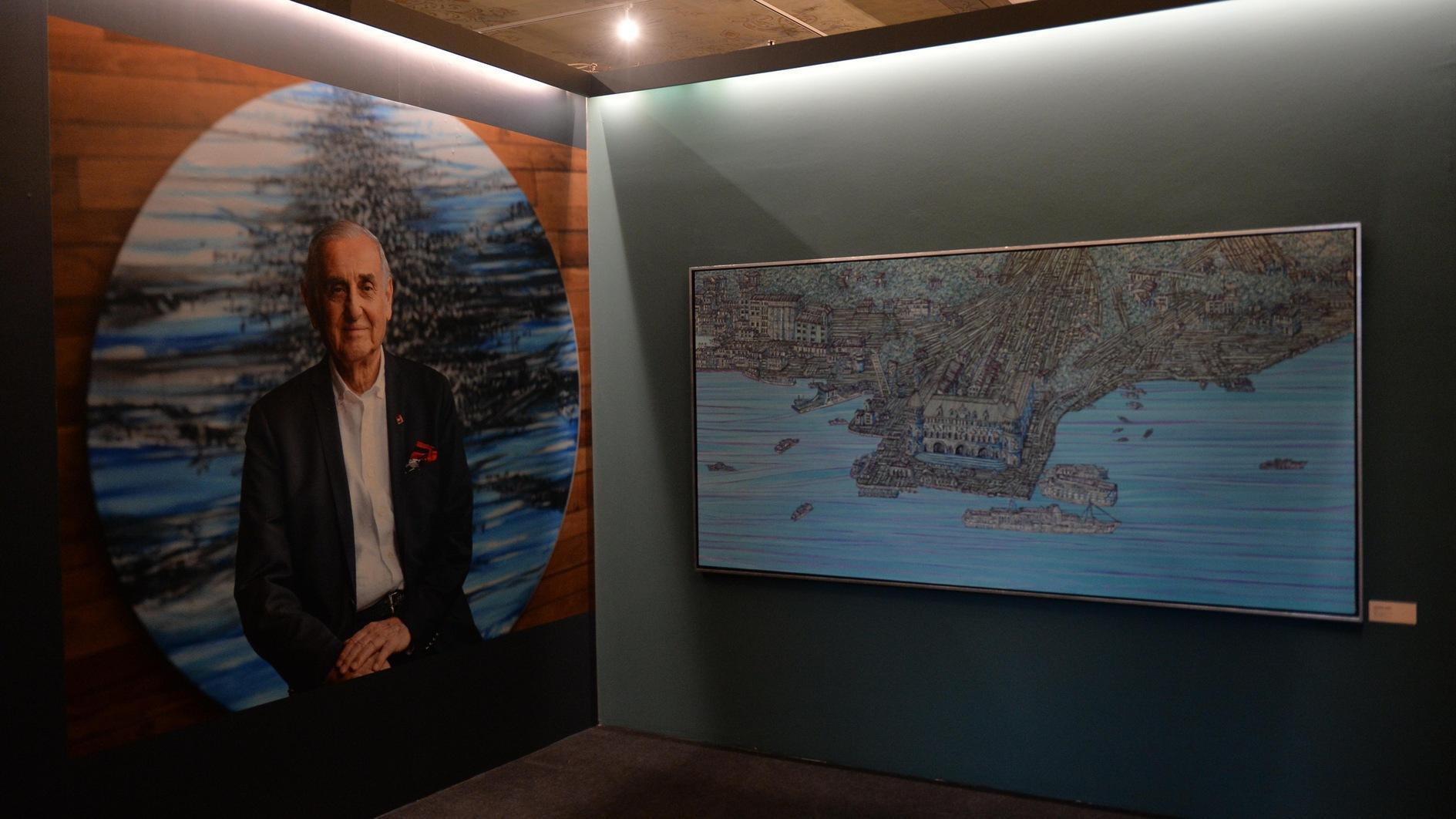Amedspor wins to face pressure off field
When the referee blew the final whistle in a Ziraat Turkish Cup game on Jan. 31 in Bursa, he marked the end of a football match and the start of a fresh debate over politics and sports.
In that match, Second League (and third-tier) representative Amedspor, based in the southeastern province of Diyarbakır, beat Turkish Super League club Bursaspor 2-1 to become the only lower division side to advance to the quarterfinals in the cup competition.
In any football league, such an achievement by a lower league club would have been hailed as a major success. But when one side carried the name Amed, the Kurdish name for Diyarbakır, and it fans are not shy to express their Kurdish identity and political stance, it has evolved into a different story.
The firestorm started with a tweet reportedly written by an account that used the club’s name.
“We dedicate the 2-1 victory at Bursaspor to the guerillas resisting in Sur and Cizre and to the altruistic people of Kurdistan,” read the tweet, which was later deleted. Although the club denied any links to the account, the reactions to the tweet were the signal of what was coming.
During the same hours, the police used tear gas and water cannon to disperse crowds in Diyarbakır, who had gathered to celebrate the victory.
On Feb. 2, the police raided Amedspor’s headquarters in Diyarbakır. Teams from the anti-terrorism department seized the hard disks of the computers in the building in their search for the source of the tweet.
On the same day, the draw for the quarterfinals were made and Amedspor was drawn against Fenerbahçe for a game to be played in Diyarbakır. Hours after that, the Turkish Football Federation (TFF) announced that Amedspor would be forced to play one game behind closed doors and fined 25,000 Turkish Liras. The reason for the punishment was the “ideological propaganda” by the club’s supporters in a cup game against Istanbul’s Başakşehir on Jan. 28.
The chanting that led to the punishment were “The barricade is here,” “Everywhere is Sur, everywhere is resistance,” “Everywhere is Cizre, everywhere is resistance” and “Do not let children die.” These slogans were chanted during a game in which Başakşehir striker Semih Şentürk saluted the visiting fans like a soldier after scoring against Amedspor.
The club’s players were also subject to pressure. Deniz Naki, who was on the score sheet against Bursaspor, was referred to the Professional Football Disciplinary Board (PFDK) for his remarks on the social media after the game.
Naki is no stranger to controversy. Being an Alevi, who carries a tattoo that reads “Dersim 62,” the traditional name for the eastern province of Tunceli and its traffic code, and another one that reads “Azadî,” freedom in Kurdish, was the subject of a suspected racist attack in 2014 when he was playing for Ankara club Gençlerbirliği. The player left the club and Turkey after the attack.
“It was a very important victory for us today,” Naki wrote on the social media after the Bursaspor match.
“We have come clear against this dirty game targeting us. We are proud to be a small hope of light for our people at such difficult times. As Amedspor, we have not submitted and we will not submit. Her bijî Azadî! [Long live freedom in Kurdish],” the player added. He now faces an at least a one-match ban for “discrimination and ideological propaganda.”
There were also reports yesterday that the cup match against Fenerbahçe scheduled for next week would be moved to Şanlıurfa for security reasons. Club officials threatened to withdraw if such a decision is made.
Amedspor’s success comes at a time Sur in Diyarbakır and Cizre in Şırnak have been under curfew for over two months amid ongoing security operations against the outlawed Kurdistan Workers’ Party (PKK). Government officials insist that the operations target only the PKK, not the Kurds in the region, but the environment created by the officials and the media is responsible for the severe public reactions to almost anything and anyone with Kurdish identity.
If the TFF were sincere about punishing “ideological propaganda,” it should have acted against the supporters of Amedspor’s opponents who have been chanting “PKK out” against the visiting team and its fans.
Amedspor’s glory against clubs with players being paid a monthly wage of its entire budget for the season deserves praise regardless of the club’s identity.
You don’t need to be Kurd or a club supporter to say, “Her bijî Amedspor.”











